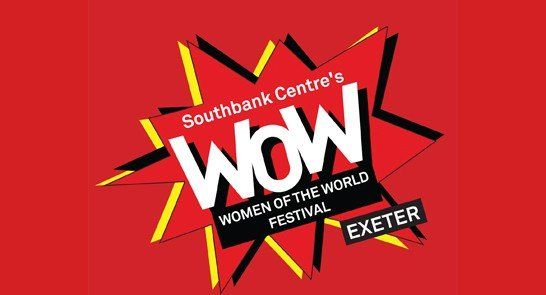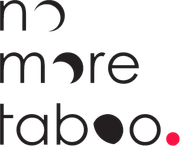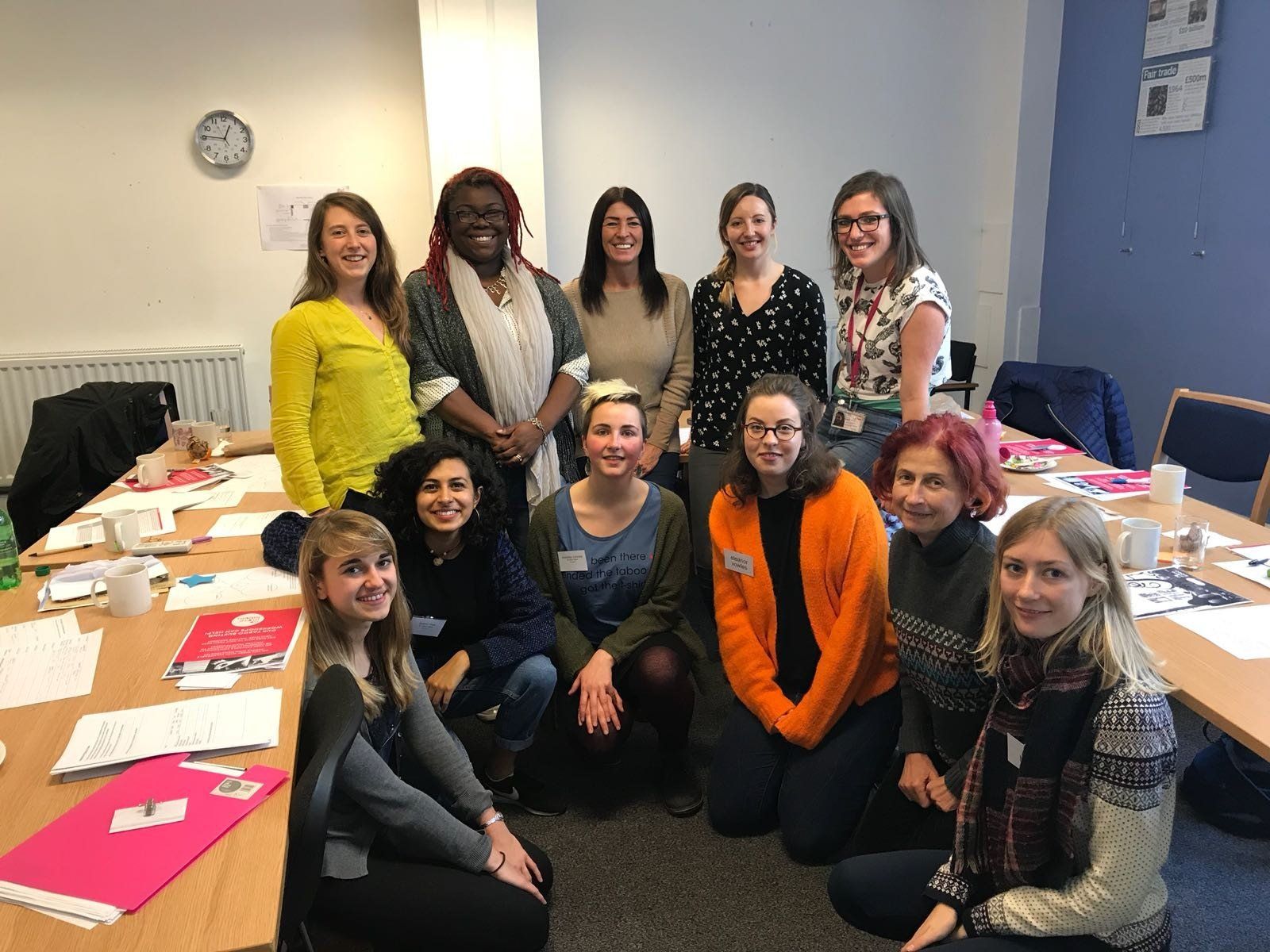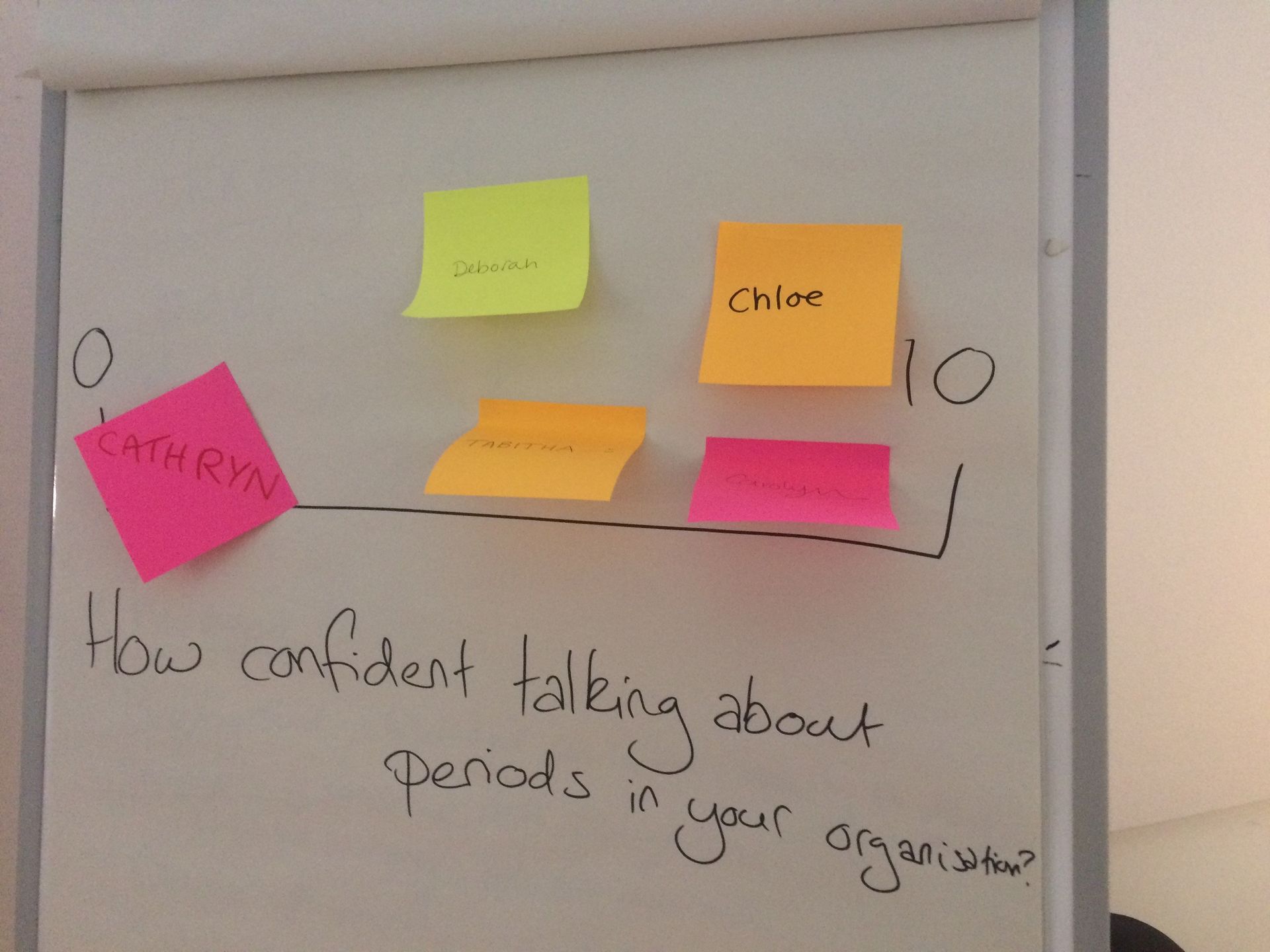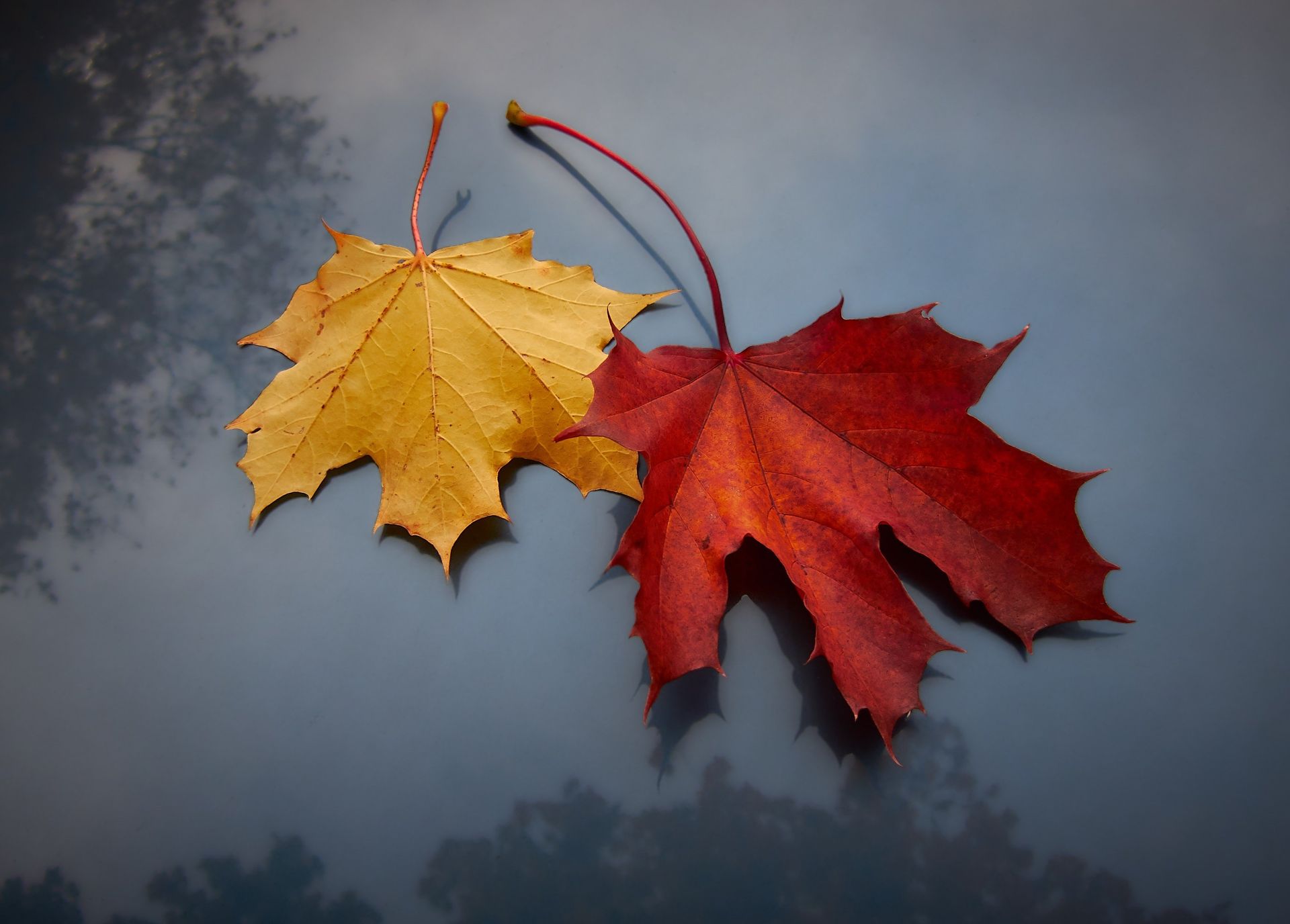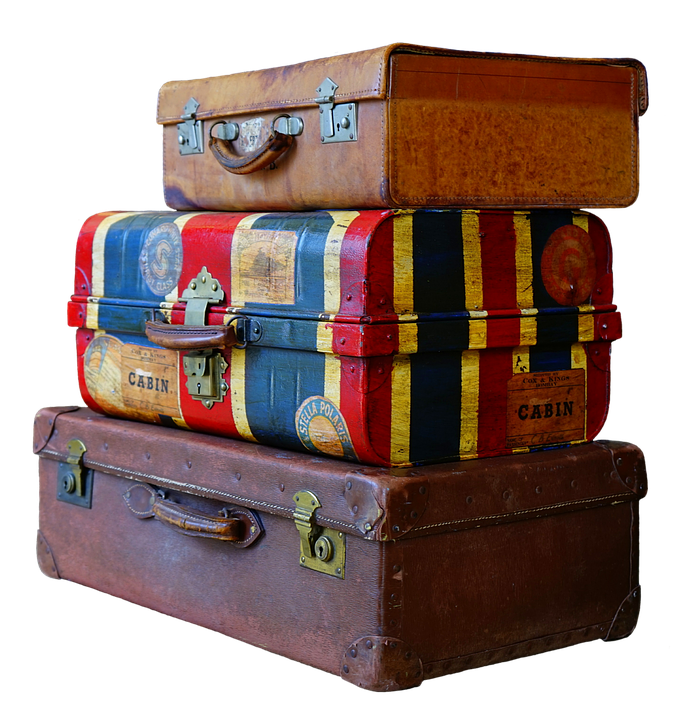Tackling period poverty: the inception
- By Chloe Tingle
- •
- 26 Sep, 2016
- •
Shai talks about how no more taboo.'s project on poverty, homelessness and periods started.
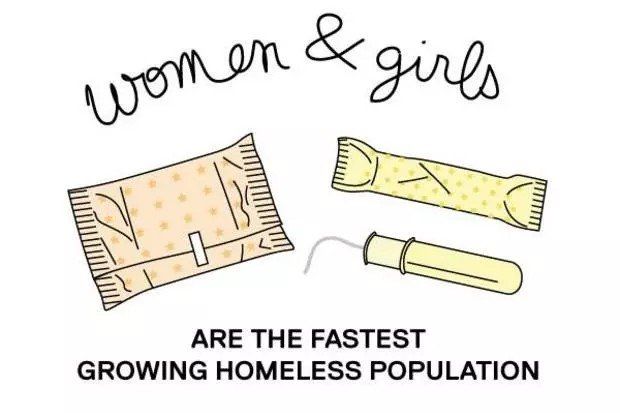
Imagine the usual final year scenario. You’re sitting there, mind blank,
with a colossal dissertation to plan, research and write up: and no clue where
to begin. I was in that hopeless situation last November, after having tried
and ditched four ideas [insert imaginary room full of screwed up paper here].
Running over to my best friend/life advisor’s house for a wail and a cup of
tea, they asked me to think. Think about what was going on in the world that
struck me, what I wanted to delve into more. The word formed on my lips before
I consciously thought about it: periods. Periods!?
I can explain. The topic had been at the forefront of the media at the time;
with all the anger and activism about the tampon tax, about taboos in the Global South and women’s lack of access to sanitary products, and a
smattering of articles about disenfranchised women in the UK and US who
couldn’t afford the “luxury” of paying to manage their periods. *PING!* (Not
sure what the correct onomatopoeic word is for a lightbulb, but I reckon that’s
pretty close). I began to research
further into the topic of managing periods while experiencing homelessness, as
many of the articles at the time (apart from The Homeless Period) were solely focused on the US, and, with
Bristol’s large homeless population, it could be a real local issue.
Moving away from the public media I began to scour research publications by academics and homeless organisations. I was surprised to find that menstruation was hardly mentioned in reports for service provision or healthcare and wellbeing. The only understanding that I had of their real experiences of menstruating while on the streets was from the four or five interviews that were featured in news articles. Why wasn’t menstruation mentioned in any official reports of homelessness focused on women’s health and services? Pretty weird since it’s estimated that single women make up over a quarter of the clients of homelessness services in the UK[1]. That’s not even counting women with families and partners, or women in irregular housing situations that don’t use homelessness services. That’s a lot of potential menstruators who might be struggling to manage their periods financially or even emotionally.
I had a few theories about this oversight. Firstly, homeless women are more vulnerable to experiencing verbal or physical abuse, drug dependency and mental health problems than the rest of us[2]. These, alongside the issues of not being able to afford housing or food, are grave problems and therefore take priority of organisations’ efforts. Maybe menstruation just wasn’t important enough of an issue to use their resources on, or they possibly hadn’t thought of it as an issue. However, it is an important health issue: not only can periods lower your mood or be quite painful, studies have shown that poor menstrual hygiene management is one of the main causes of reproductive tract infections[3]. Another theory was that homeless women didn’t really want to talk about their intimate bodily processes to organisations and researchers, as menstruation has been stigmatised and cast as disgusting in most cultures[4].
So I set out to investigate more about realities of having a period while being homeless, trying to find concrete, real answers. I spoke to homeless women about their experiences and to service providers about what they were doing to help. My initial report for No More Taboo is here.
The project that we’re setting up now is going to be bigger and better. We’re going to increase the outreach of the research to include more organisations and more participants. Our aim is to set up long-standing relationships with shelters and organisations to ensure that the women who use homeless services feel comfortable talking about their periods and have good access to sanitary products. We also want to ensure that they know they have a safe, warm place to go to rest if they’re feeling a bit off. If you’re an organisation that wants to get involved, get in touch with me here. The project is also going to extend to include women on low incomes who are struggling to get by. We aim to get them involved in considering the economic and environmental sustainability of reusable sanitary products, saving not only their pockets but also helping the Earth.
I’ll be updating the blog on my progress as I go along, so stay tuned!
Shai xx
[1] Crisis (2015). Homelessness among different groups. [Online] Available at: http://www.crisis.org.uk/pages/homeless-diff-groups.html [Accessed 19 Sep. 16]
[2] Reeve, K., Casey, R. & Goudie, R. (2006). Homeless women: still being failed yet striving to survive. Crisis: Policy and Research. [Online] Available at: http://www.crisis.org.uk/publications-search.php?fullitem=182 [Accessed 19 Sep. 16]
[3] House, S., Mahon, T. & Cavill, S. (2012). Menstrual hygiene matters. A resource for improving menstrual hygiene around the world. London: WaterAid.
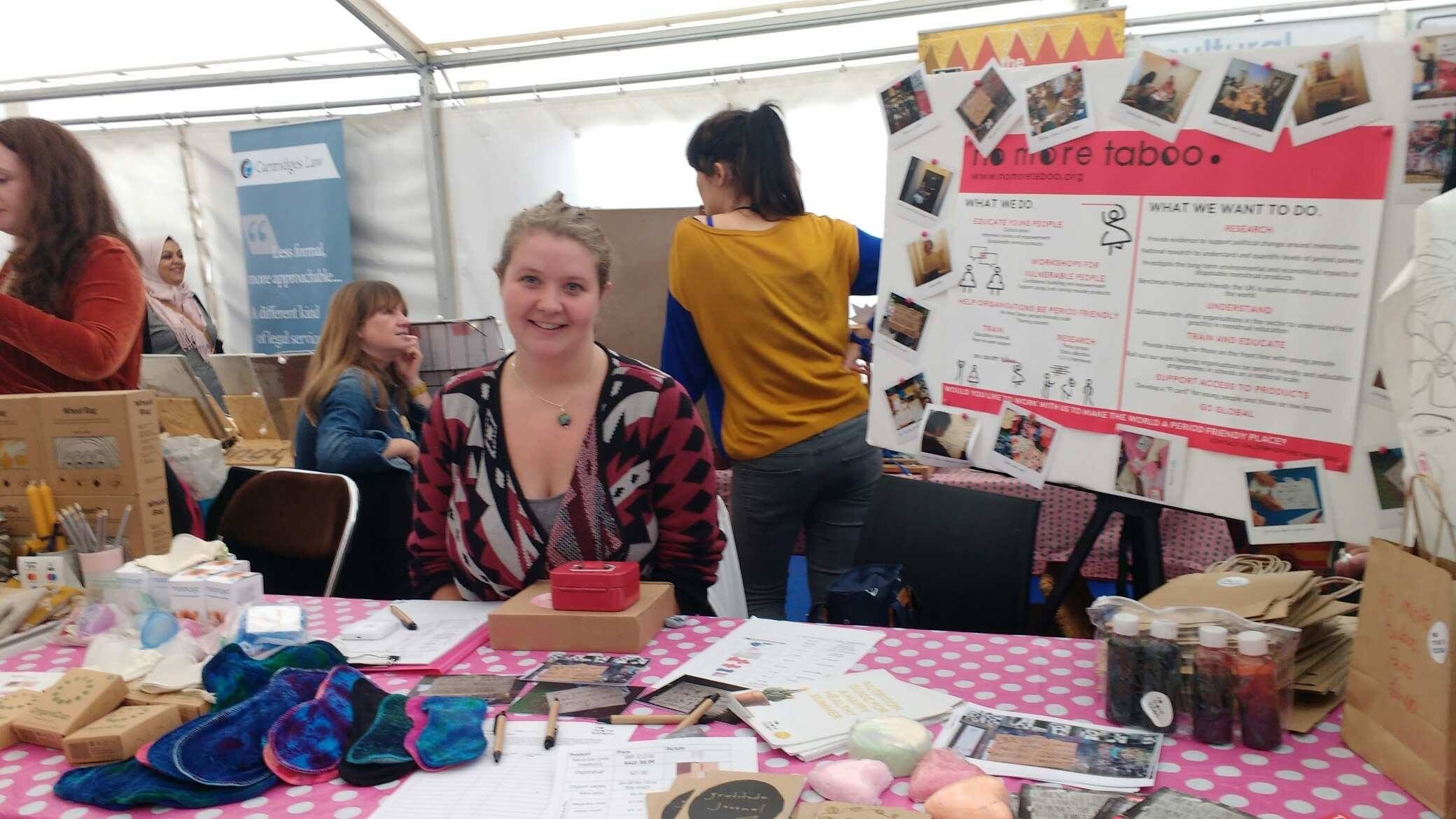
WOW Women of the World festivals have been popping up across the world, if you get the chance to go along to one we would strongly recommend it.
WOW – Women of the World festival celebrates women and girls, and looks at the obstacles that stop them from achieving their potential.
Around the world, individuals and communities are insisting on the simple proposition that women and girls must have equal rights and asking the question: why is gender equality taking so long?
Southbank Centre's WOW – Women of the World festival is a global network of festivals which provides a platform for celebrating what has been achieved, and exploring all the ways we can change the world for the better.
What’s not to love?
Our Founder, Chloe, and her Mum Angela went along to represent No More Taboo with a stall across the two days. Here’s her highlights:
“Although we didn’t get much time to take in all the discussions as we were kept busy wo-manning the stall (thanks Mum for helping out)! We had some great discussions around gender, equality, inclusivity and of course periods with new customers, supporters, other panellists and some old friends who came to see us.
In fact, we were really pleased to catch up with Plan International UK who were opening the festival with a discussion about Period Activism exactly one year on since the launch of our #BreaktheBarriers research and Period Poverty Conference that we ran in collaboration with Plan.
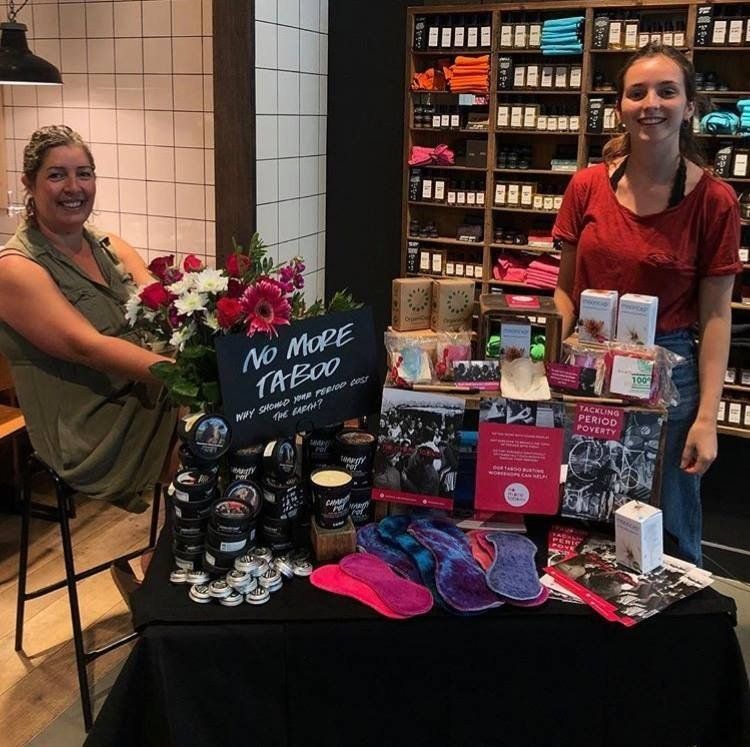
On the first weekend of September, No More Taboo set up shop at Lush Cribbs Causeway for their Charity Pot weekend.
The Lush Charity Pot is a wonderfully creamy shea-butter hand lotion where all the sales money (excluding VAT) goes towards a chosen charity or non-for-profit. This scheme is designed to help boost grass-roots, small and local organisations, like ourselves, financially so that we can continue to do the work we do such as our Tackling Period Poverty programme.
As we were Lush’s chosen organisation for the weekend of the 1-2 September, one of our volunteers, Iloni, and one of our advisors, Carolyn, went along to wo-man the (suitably Lush-styled aesthetic) stall that Lush had kindly provided for us. We took along a range of our products, stacks of leaflets and information as well as our enthusiasm for talking about all things to do with periods.
Over the weekend, we sold over £200’s worth of stock with Ruby Cups and Honour Your Flow re-usable pads proving most popular with Lush customers. On top of this, Lush sold so many of their Charity Pots that £340.60 was raised for No More Taboo – which was amazing!
However exciting the money side of things were with this event, what I personally took away as being the real highlight of the weekend was the number and nature of conversations we shared with customers.
Mothers and daughters came and chatted to us about how they agreed it was so important to use re-usable products for personal and financial reasons as well as for the planet’s sake. Boyfriends accompanied their other halves as they prodded and probed the range of menstrual cups on display. Older women commented on how it’s such a relief to be able to talk about menstruation in public and with people you’ve only just met. They regaled of a time when periods were even more hush-hush and celebrated with us out mission of there being No More Taboo.
We would like to thank Lush Cribbs Causeway for being such wonderful hosts, encouraging every customer that came through their doors to consider buying the Charity Pot or simply to chat with us. Each member of their staff team was incredibly warm and so keen to find out more about what we do. On behalf of all of us at No More Taboo, thank you.
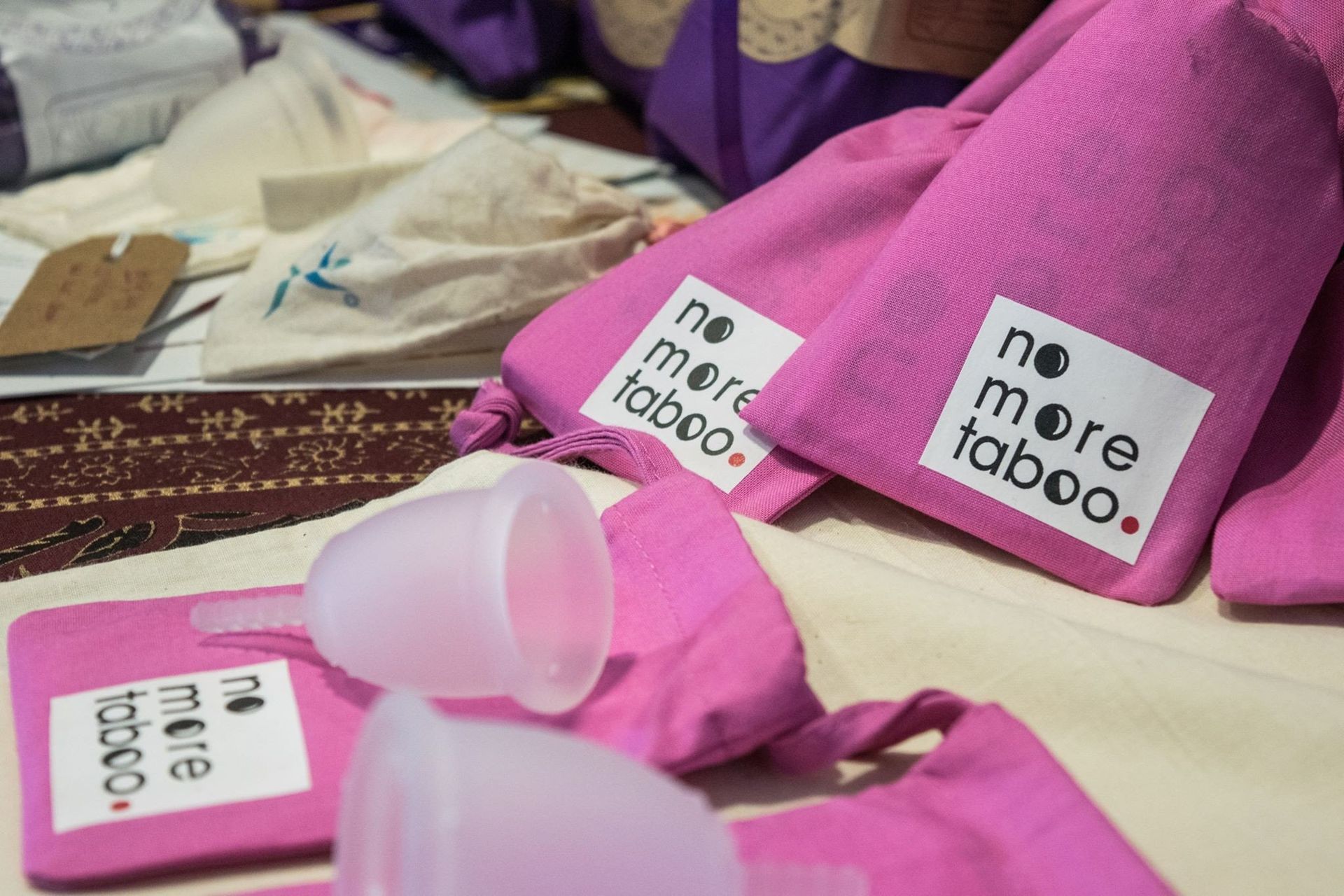
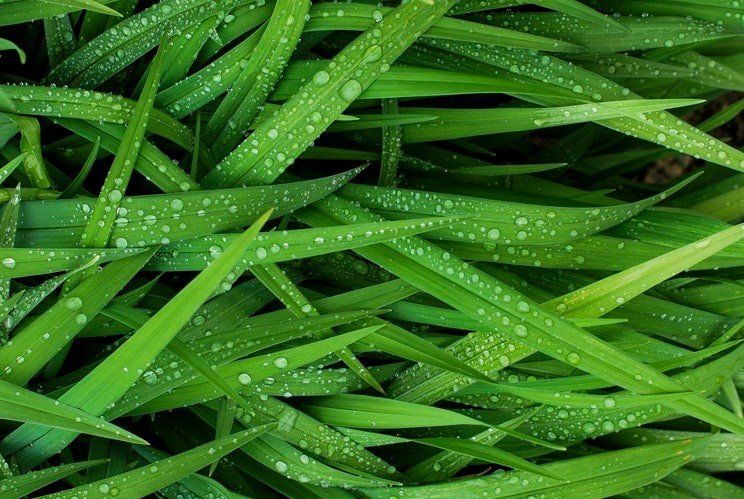
For more information, take a look at their website: https://www1.uwe.ac.uk/whatson/biggreenweek.aspx
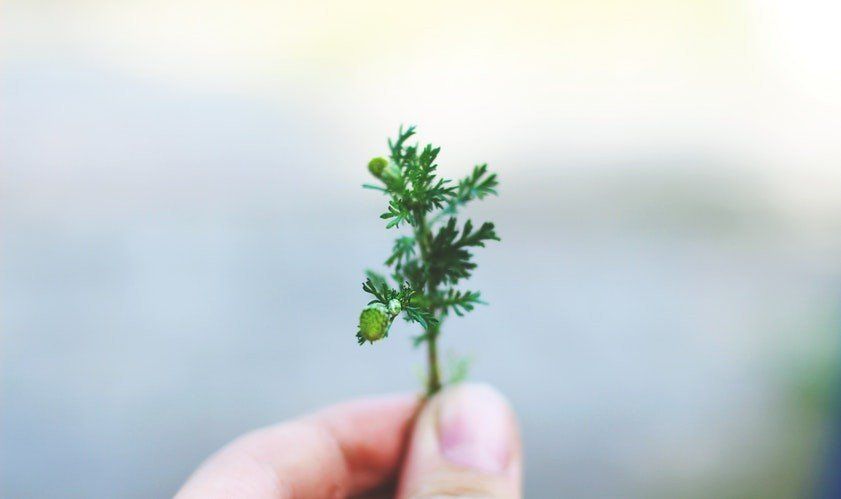
Read more here: https://www.wen.org.uk/environmenstrual-week-of-action/
